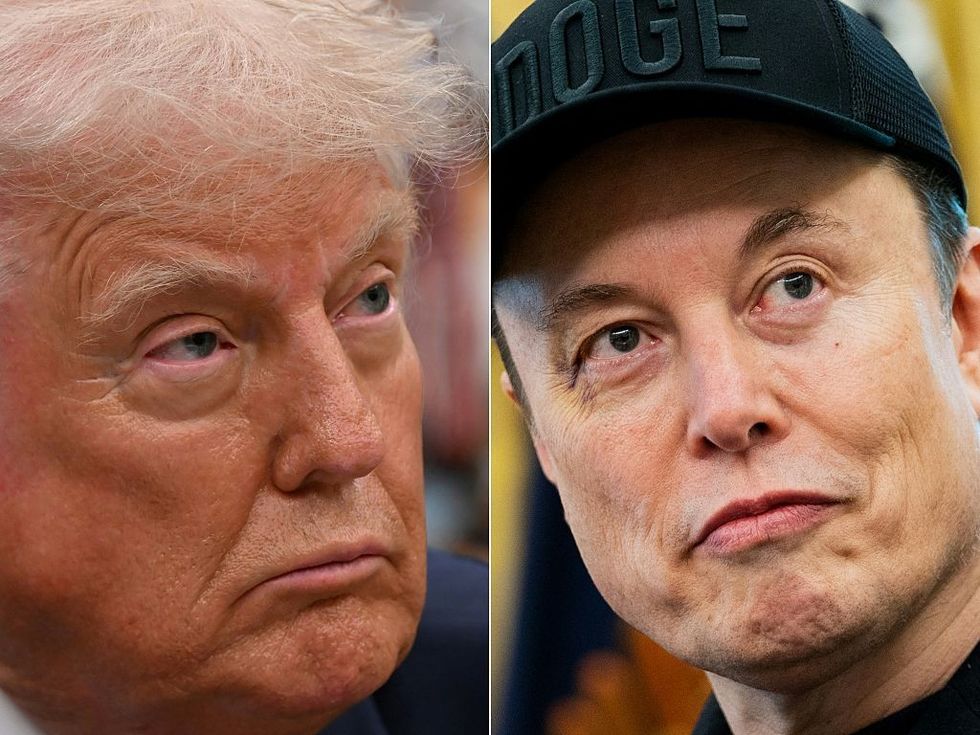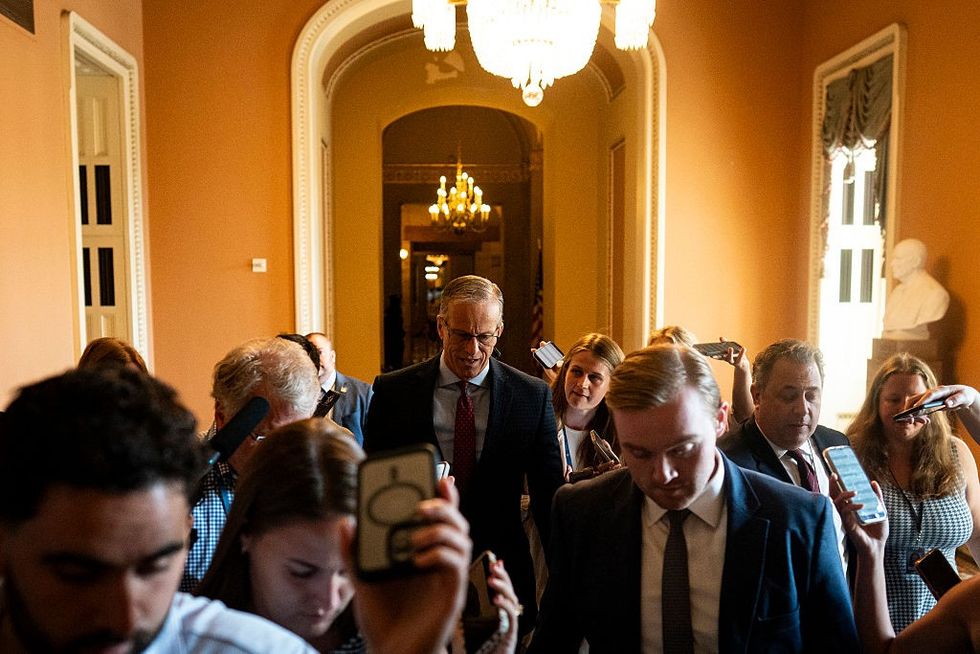Indian prime minister Narendra Modi's mission to improve his country's connectivity to central Asia could receive another boost in October as Kazakhstan, the biggest of the central Asian republics, has invited him to the Conference on Confidence Building Measures and Interaction in Asia (CICA) Summit scheduled in its capital Astana on October 12-13.
Modi visited Samarkand in Uzbekistan last week to attend the Shanghai Cooperation Organisation (SCO), which also includes Kazakhstan.
The Economic Times spoke to a Kazakh government official who said, “This summit, to held in the year of the 30th anniversary of the CICA and to which the leaders of all participants and observers, including Prime Minister Narendra Modi, are invited, should become an important milestone in the consolidation of the countries of the region with the world community in the face of modern challenges and threats."
Modi is not the first Indian prime minister to attend the CICA summit. In 2002, the then prime minister Atal Behari Vajpayee had visited the summit.
Kazakhstan, which is the world ninth-largest and a resource-rich nation, was part of the erstwhile Soviet Union and after independence in 1991, has started attracting the international community.
The Times report said that leading international players have established mutually beneficial platforms for deepening cooperation with the central Asian countries, thanks to their big potential, which includes the geographical proximity to Afghanistan.
The report also added that the proposal to convene the CICA by the first president of Kazakhstan, Nursultan Nazarbayev, at the 47th session of the United Nations General Assembly in October 1992, has become today an association with 27 member states and 14 observers, including the UN, the Kazakh official said.

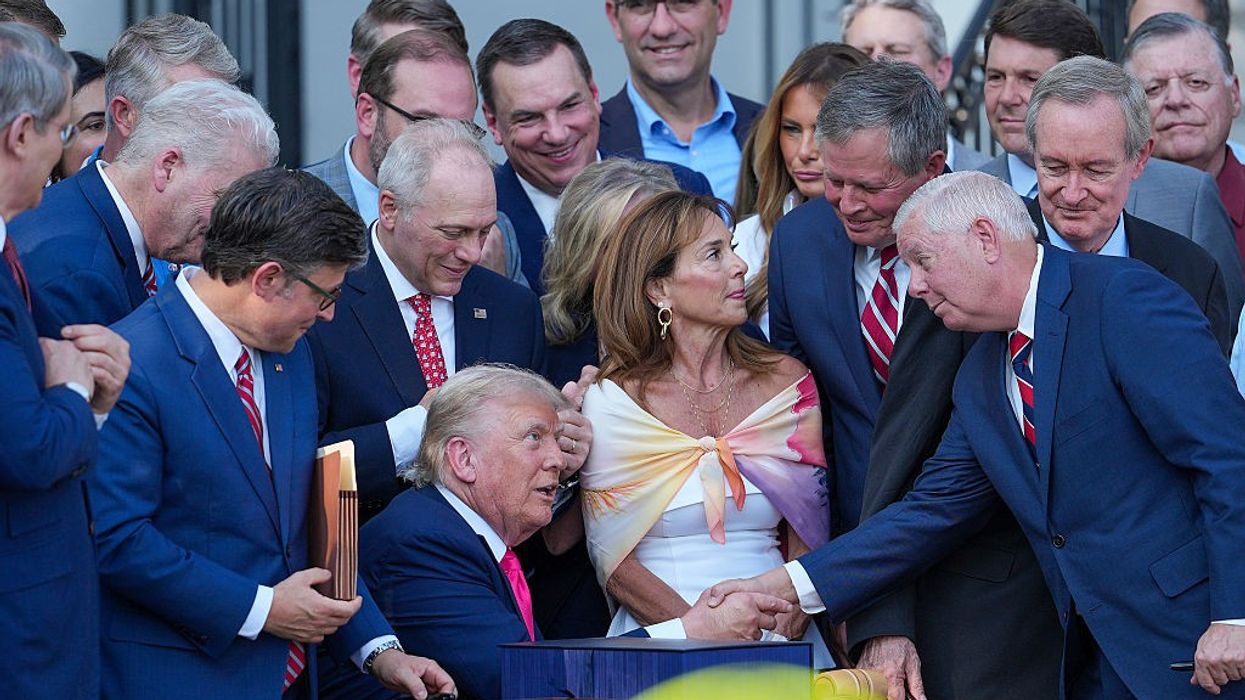
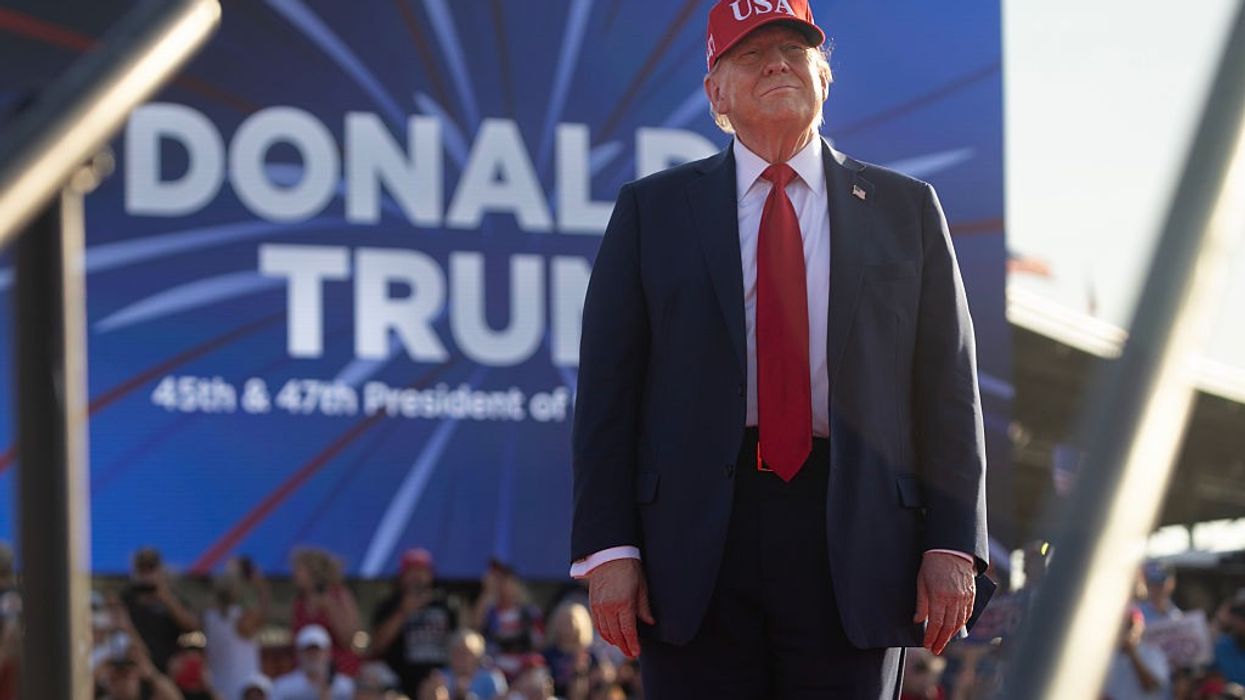


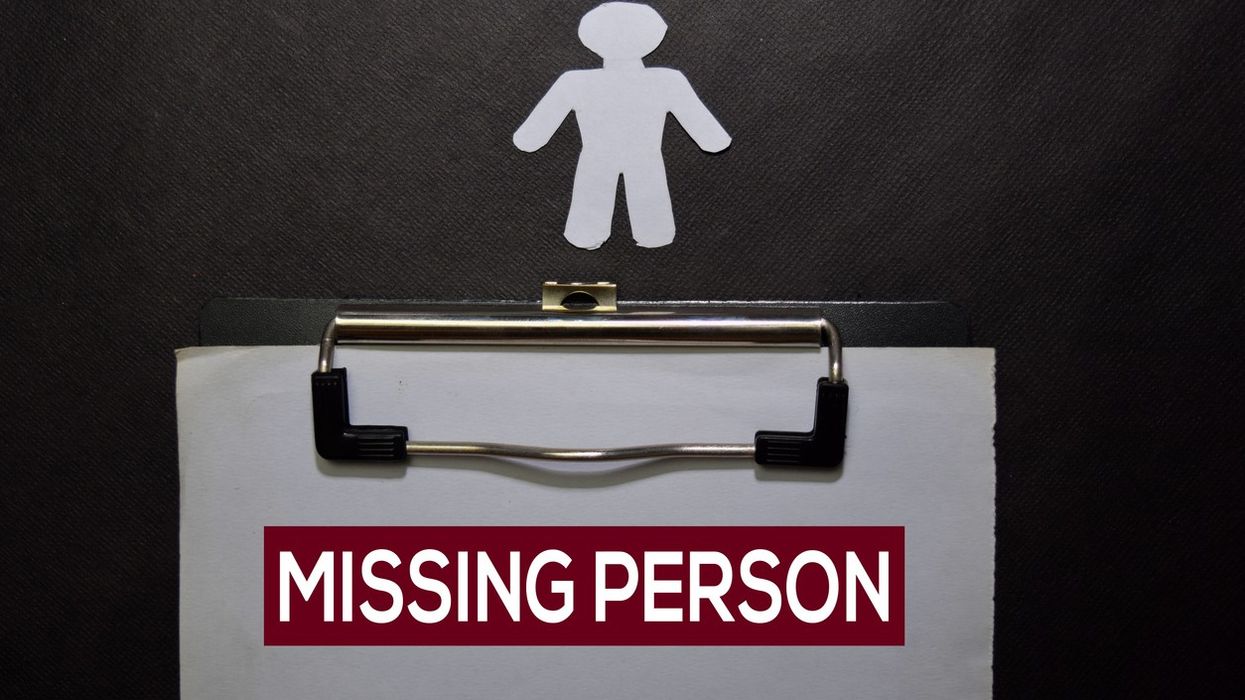


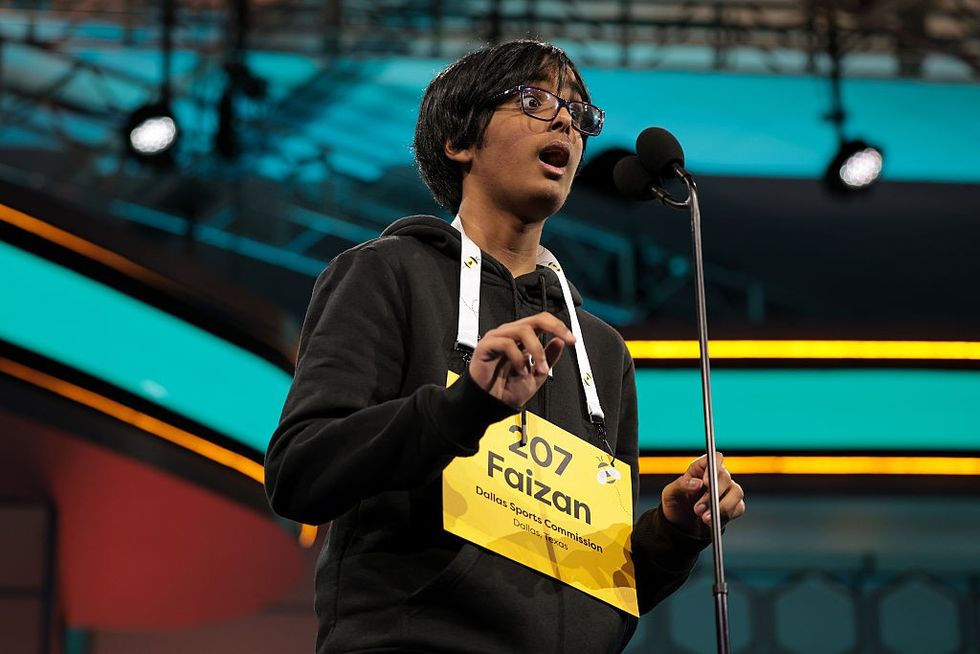
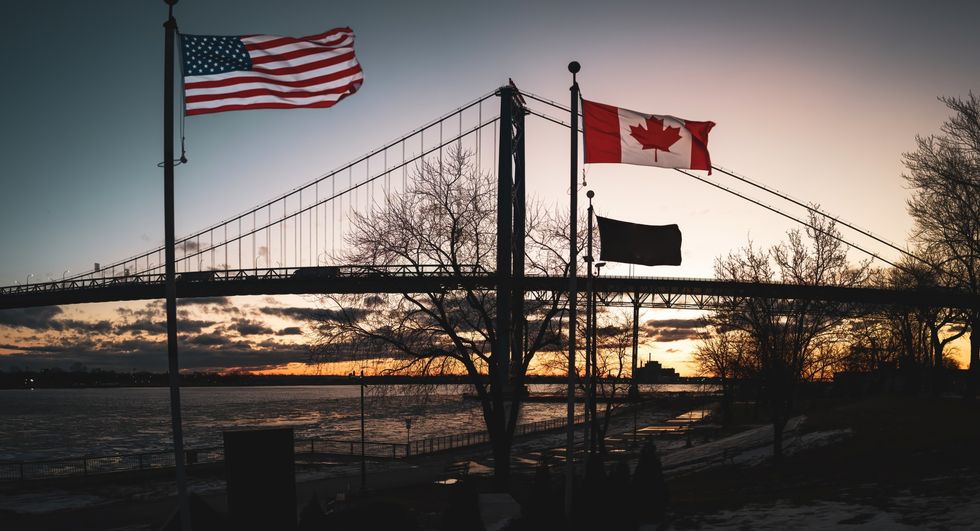


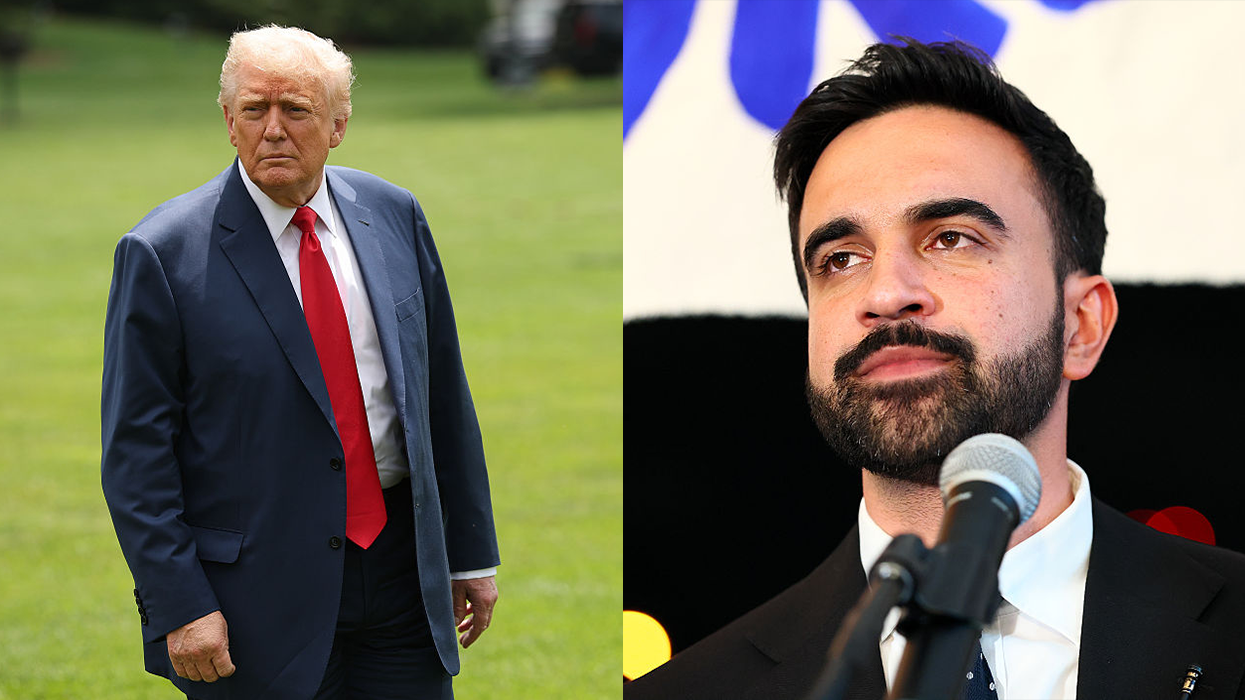
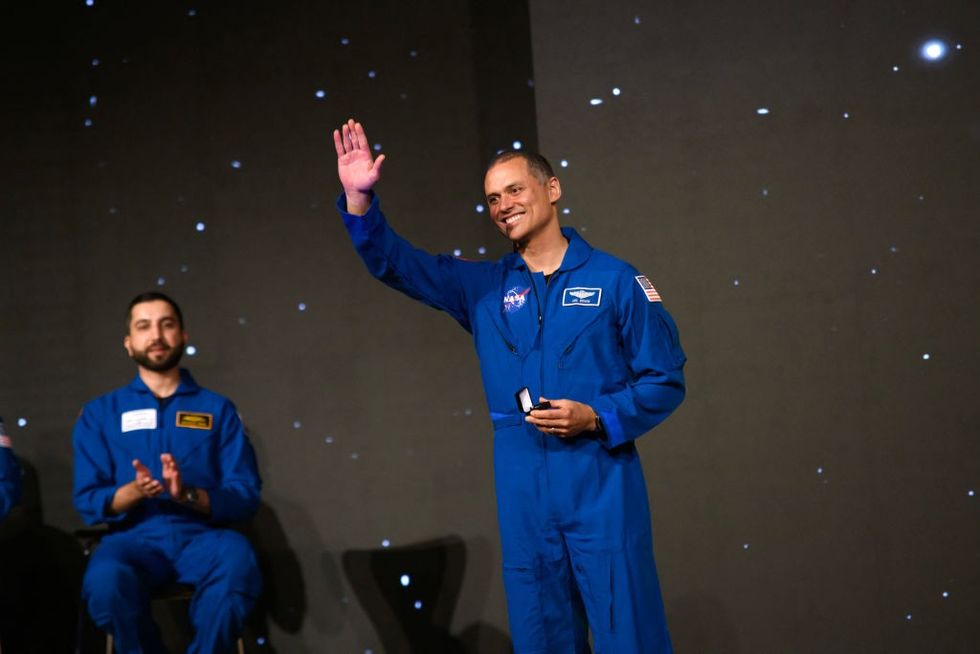
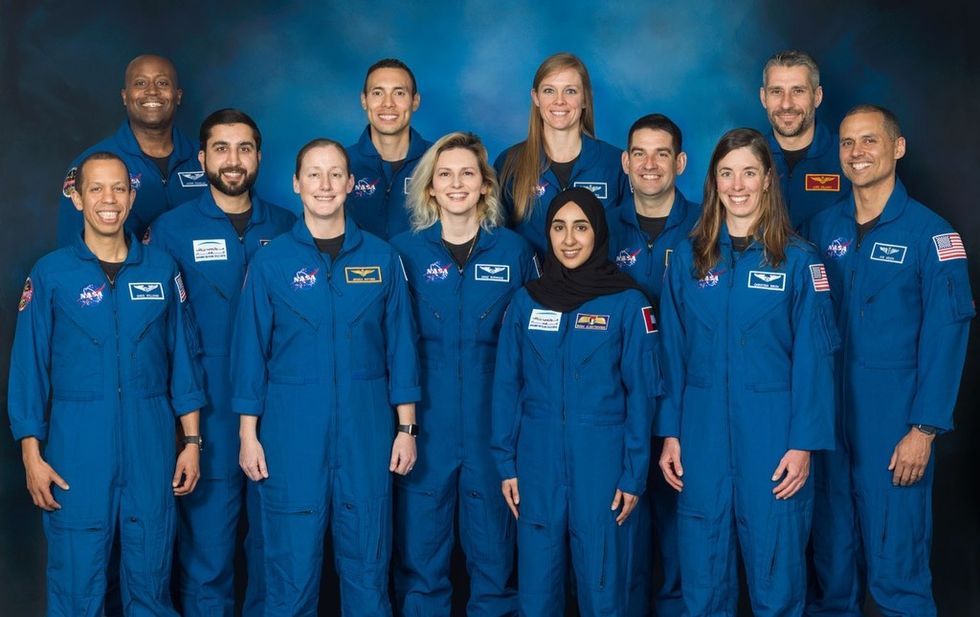 NASA’s Astronaut Class 23 with Anil Menon shows patch features a fly-shaped design symbolizing the class nickname, “The Flies,” with twelve stars for each candidate. The UAE and US flags highlight international collaboration, while the astronaut figure reflects their commitment to NASA’s return to the Moon and future Mars missions. (Photo credit: @astro_anil)
NASA’s Astronaut Class 23 with Anil Menon shows patch features a fly-shaped design symbolizing the class nickname, “The Flies,” with twelve stars for each candidate. The UAE and US flags highlight international collaboration, while the astronaut figure reflects their commitment to NASA’s return to the Moon and future Mars missions. (Photo credit: @astro_anil)